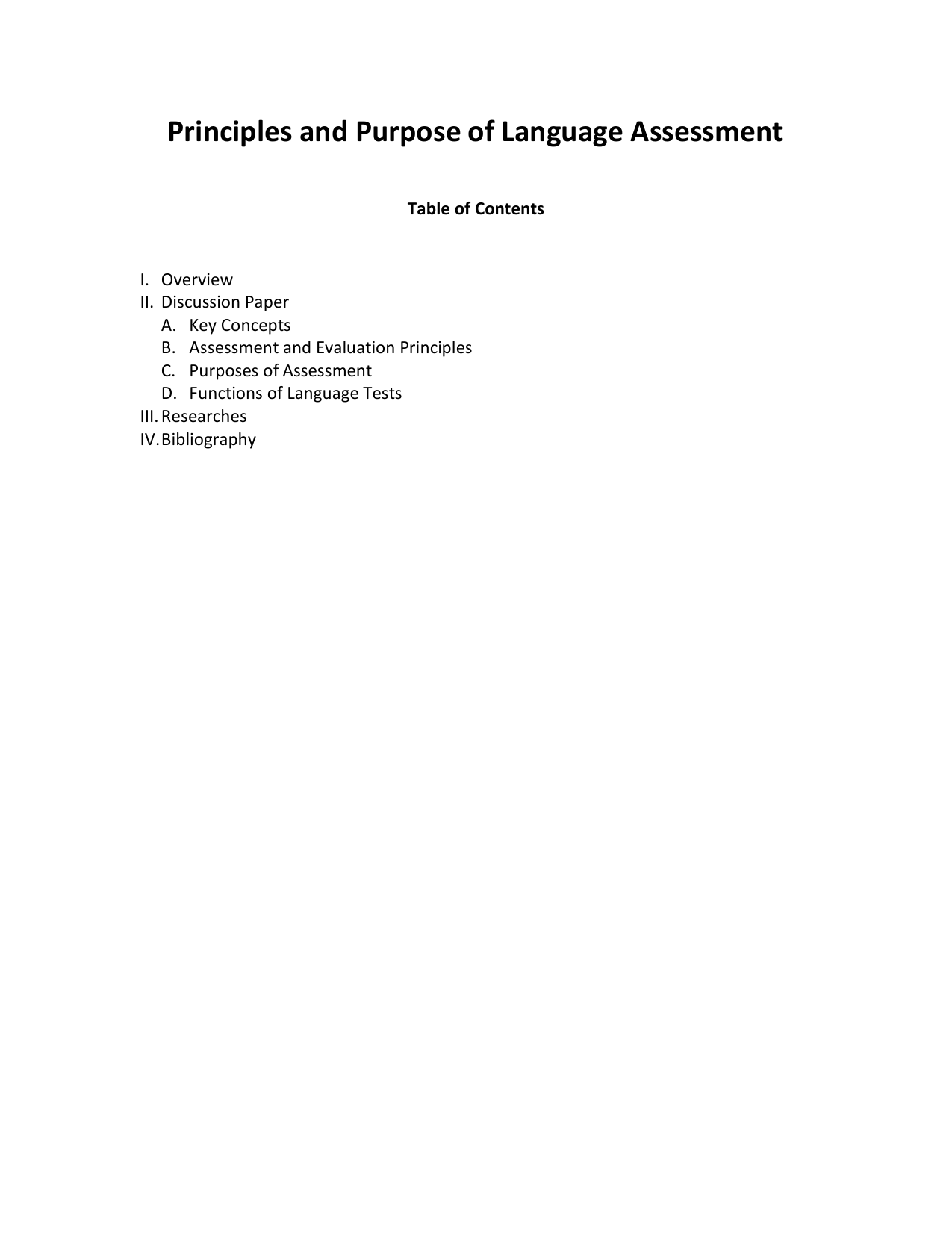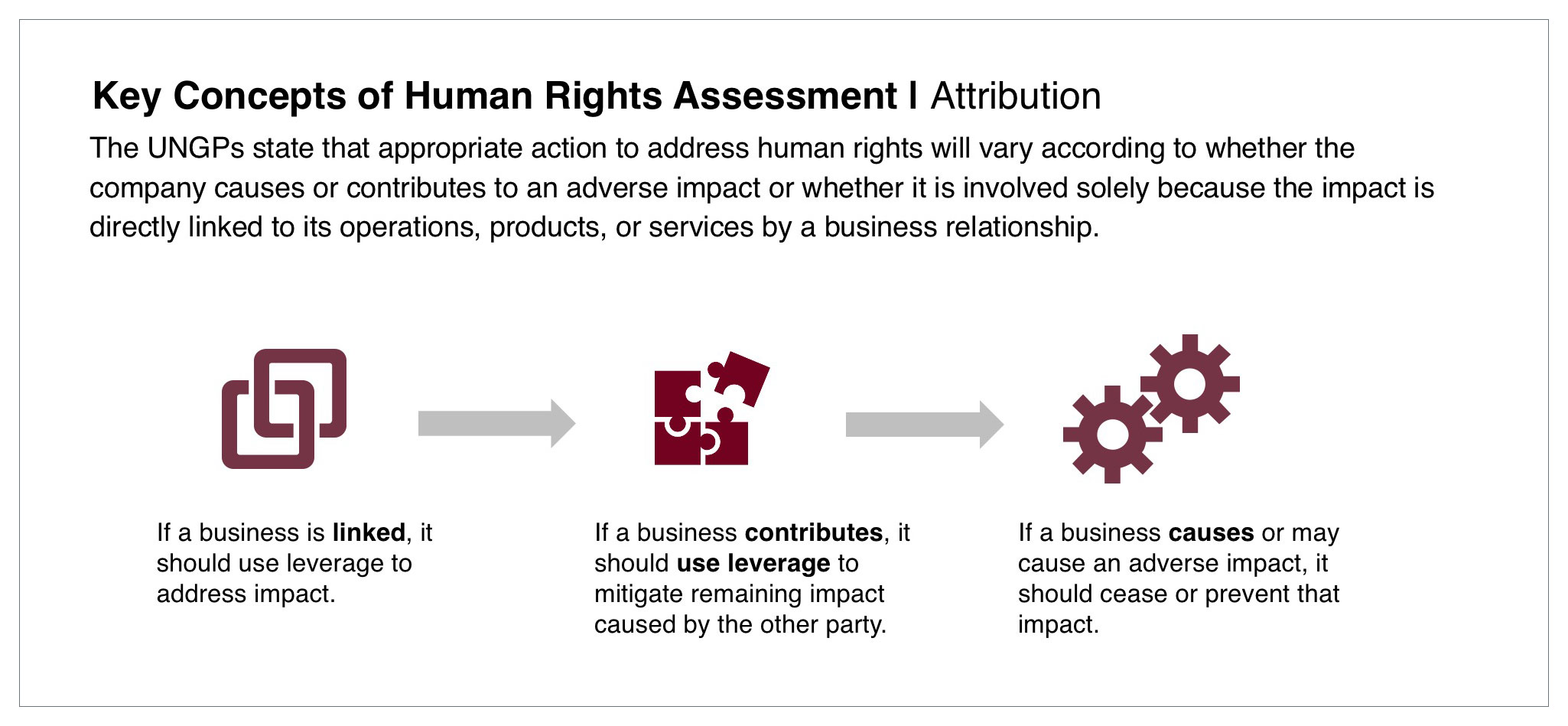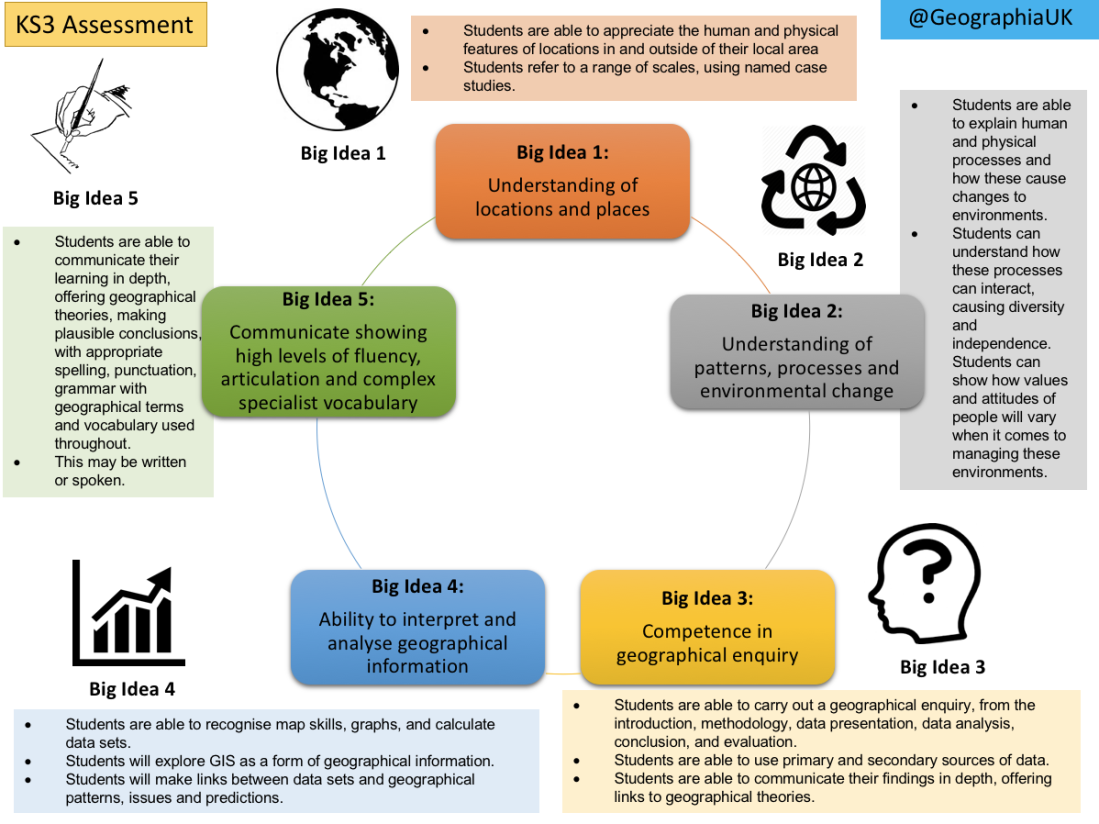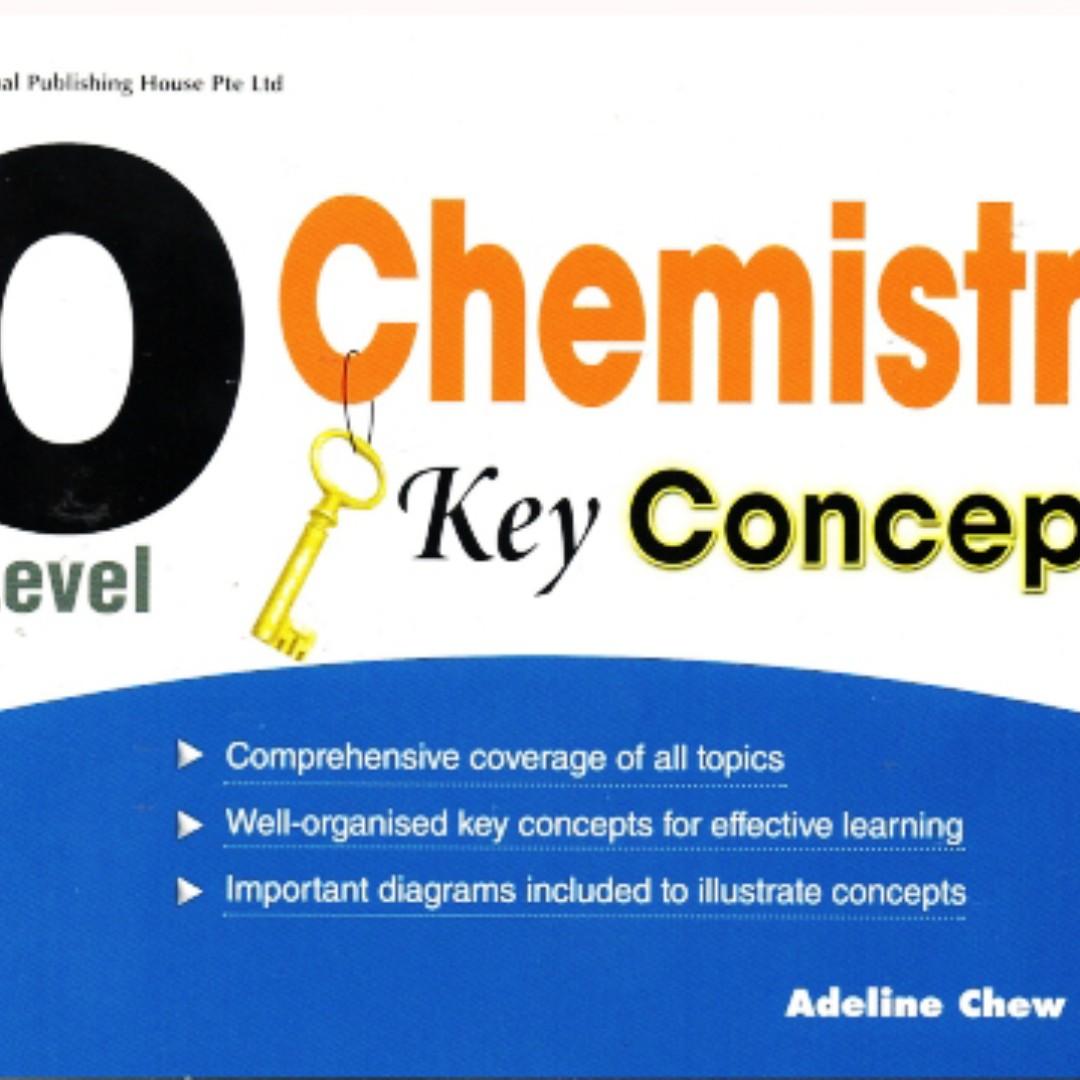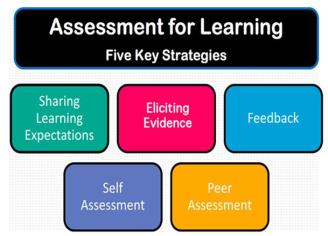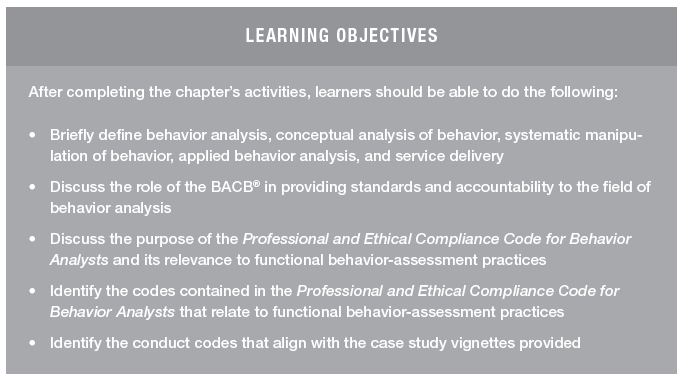Assessment is a process that involves evaluating the knowledge, skills, attitudes, and performance of individuals or groups. It is an essential part of education, training, and development, as it helps to identify strengths and weaknesses, set goals, and measure progress. There are several key concepts that are important to understand when it comes to assessment.
First, it is important to understand the difference between formative and summative assessment. Formative assessment is ongoing and occurs throughout the learning process. It is designed to provide feedback and help students learn, rather than simply evaluating their performance. Summative assessment, on the other hand, occurs at the end of a learning period and is used to evaluate the overall performance of students.
Another key concept in assessment is reliability. This refers to the consistency and accuracy of an assessment. If an assessment is reliable, it will produce consistent results when administered multiple times to the same group of people. This is important because it allows for accurate comparisons between individuals or groups.
Validity is another important concept in assessment. This refers to the extent to which an assessment measures what it is intended to measure. In other words, an assessment is valid if it accurately reflects the knowledge, skills, or abilities that it is designed to assess.
Another key concept in assessment is objectivity. This refers to the impartiality of the assessment process. An assessment should be objective and unbiased, meaning that it should not be influenced by personal opinions or biases.
Finally, it is important to consider the purpose of the assessment when designing and administering it. The purpose will help to determine the appropriate methods, criteria, and standards for the assessment. It is also important to consider the audience and the intended use of the results when designing an assessment.
In conclusion, assessment is a crucial aspect of education, training, and development. Understanding the key concepts of formative and summative assessment, reliability, validity, objectivity, and purpose are essential for designing and administering effective assessments.


